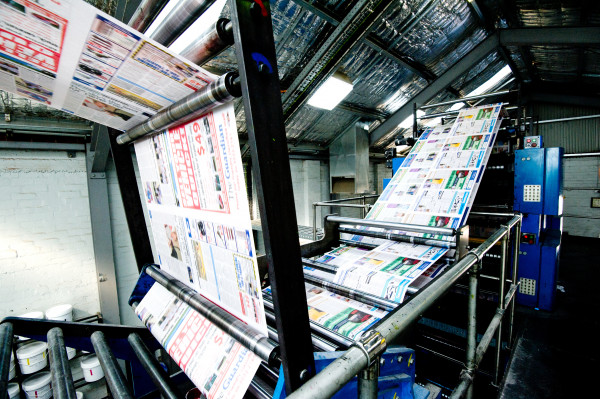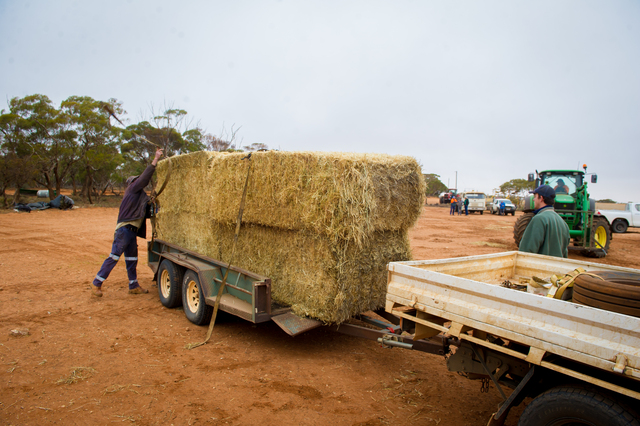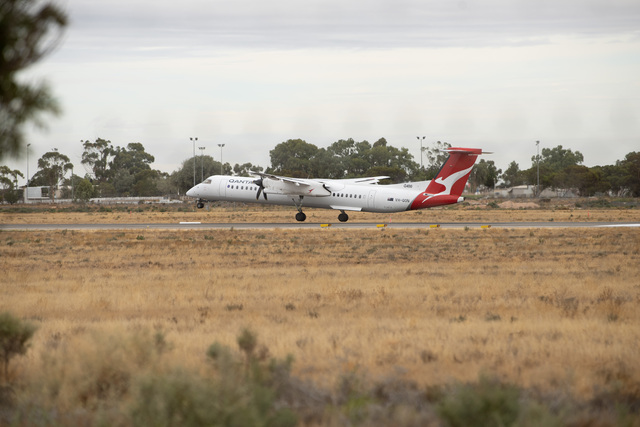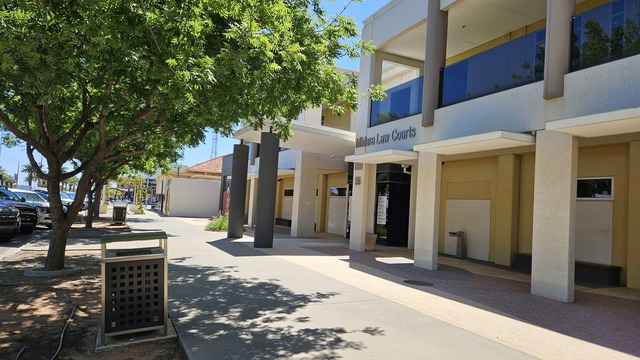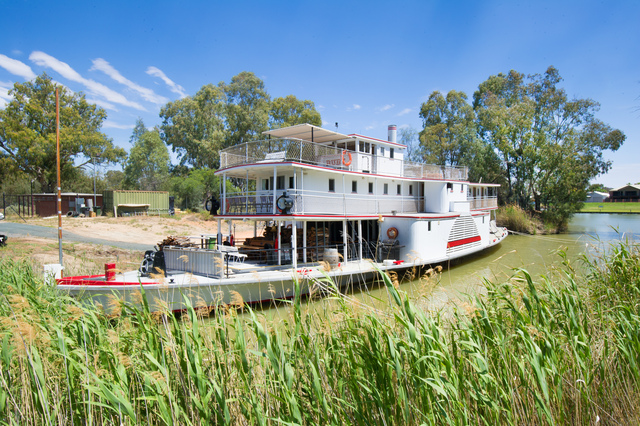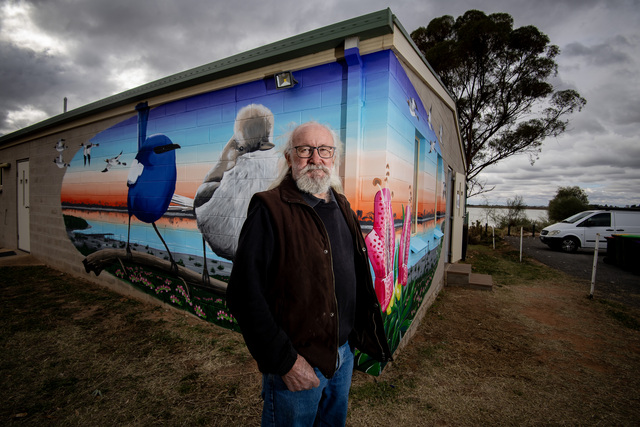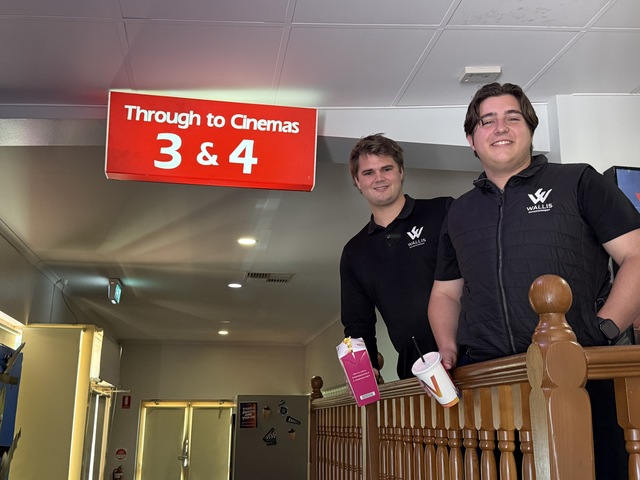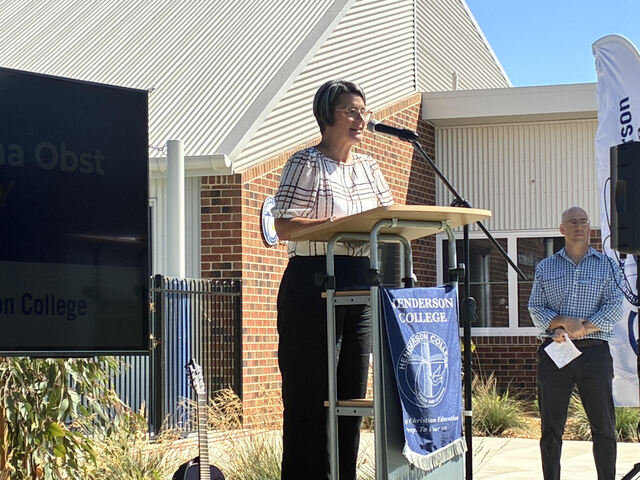WHEN Sunraysia Daily temporarily ceased its print products back in 2020 due to COVID-19 lockdowns, our respective members of parliament both came into the office to talk to staff.
You see, while politicians and journalists may clash at times, what we share is a respect for each others’ roles.
And our federal and state members not only wanted to show care and sympathy for staff, they also wanted to know what they could do to help.
Both committed to advertising as soon as Sunraysia Daily regenerated its print products, which turned out to be only a week later, and have remained true to that.
But federal Member for Mallee Anne Webster decided to take that offer of help a giant step further and launched into a fight on behalf of all regional newspapers.
It started with boardroom discussions with Elliott Newspaper Group directors, which helped her gain a better understanding of the many challenges facing the industry.
And it evolved into Dr Webster taking on the role as chair of the Standing Committee on Communications and the Arts, which has just concluded its inquiry into Australia’s regional newspapers.
Remember, there’s no political benefit for Dr Webster in chairing this inquiry – it certainly does nothing to help her margins in the Mallee electorate.
No, this was about fighting for something she believed in, which was that regional journalism, and newspapers, were too important to lose.
Since that first lockdown Sunraysia Daily has brought back four newspapers a week, down from the original six, but many other regional newspapers have closed for good over the past two years.
It’s both sad and dangerous for those communities, who now have no independent voice to hold their councils, politicians, organisations or developers to account. The best those communities have now is the pit of misinformation on social media or self-serving websites, where it is all spin and no substance.
Those communities are left without a voice to advocate on their behalf to federal or state governments, or to fight for their needs. There are no sports stories or results, no public acknowledgments of individual or team achievements, they don’t even get the birth and death notices anymore – all the stuff that matters to country people.
After its exhaustive inquiry, the committee that Dr Webster chairs has made 12 recommendations for the Australian Government to consider.
These recommendations include considering the viability of a tax rebate for regional news businesses and the development of a targeted grants program aimed at small, independent newspapers based in regional and remote Australian communities.
It also recommends the Australian Government review government advertising expenditure with a view to ensuring a minimum of 20 per cent of government print advertising is placed in regional newspapers.
Country Press Australia president Andrew Manuel has welcomed the positive findings from the Federal Parliamentary Inquiry and has called for bipartisan support for the implementation of its recommendations.
“Regional newspapers are the perfect medium for reaching many regional Australians with important government messages, so it’s a wise and welcome recommendation to ensure more government advertising is placed with our local independent publications,” Mr Manuel said.
And then there was this from Dr Webster, who noted in the report that “regional newspapers are about regional stories and are a shared community experience” and that, “as newspapers close, readers are pushed towards social media for their news, which increases Australians’ exposure to misinformation and creates a disconnect in communities”.
Now ain’t that the truth?

